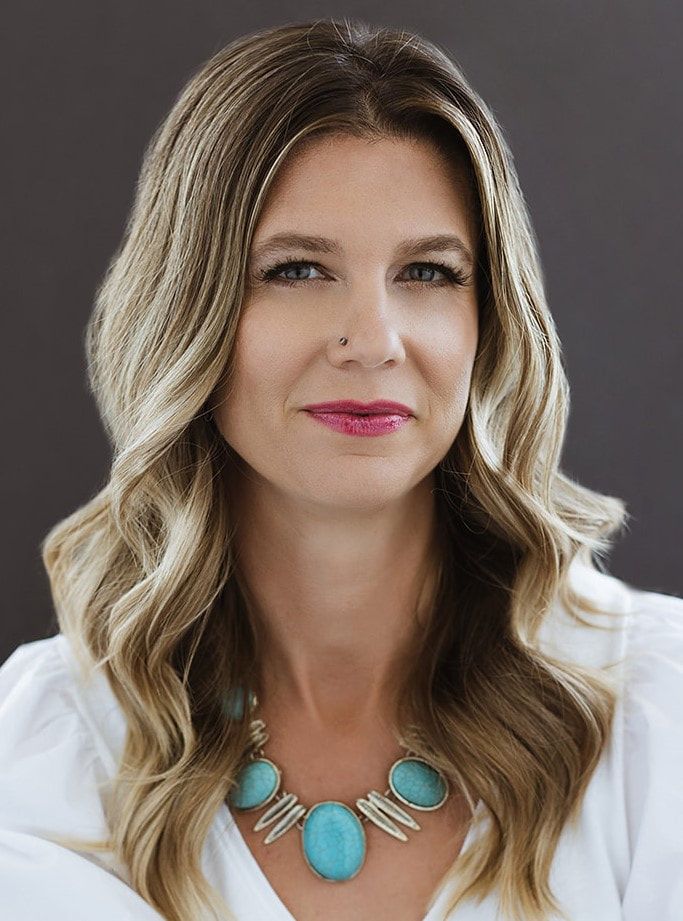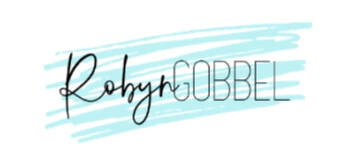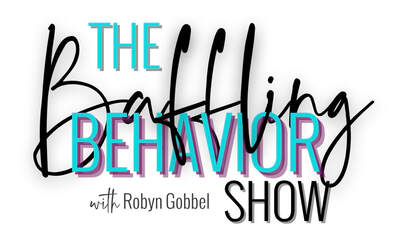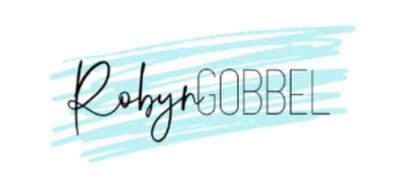5-PART LEARNING SERIES
|
|
Featuring Robyn Gobbel, MSW
|
ABOUT THIS SERIES:
In February and March of 2024, Roots of Inclusion hosted a series of webinars with Robyn Gobbel focused on supporting children who have experienced trauma, struggle with regulation, or have otherwise vulnerable nervous systems. This on-demand learning series is based on those webinars.
Behaviors that result from vulnerable nervous systems are often big and baffling. Children with vulnerable nervous systems need support with co-regulation, connection, and felt-safety. This on-demand learning series will help participants to:
· Build an understanding of behavior through a neurobiological approach
· Develop tools for examining behavior and identifying how best to respond
· Identify strategies to address behavior based in dysregulation
· Decrease the likelihood of baffling behaviors
Learn from this easy-to-understand model of addressing baffling behaviors based on Robyn Gobbel’s owl, watchdog, and possum brain, and fill your behavior toolbox with tools that really work so you can stop playing behavior whack-a-mole.
Behaviors that result from vulnerable nervous systems are often big and baffling. Children with vulnerable nervous systems need support with co-regulation, connection, and felt-safety. This on-demand learning series will help participants to:
· Build an understanding of behavior through a neurobiological approach
· Develop tools for examining behavior and identifying how best to respond
· Identify strategies to address behavior based in dysregulation
· Decrease the likelihood of baffling behaviors
Learn from this easy-to-understand model of addressing baffling behaviors based on Robyn Gobbel’s owl, watchdog, and possum brain, and fill your behavior toolbox with tools that really work so you can stop playing behavior whack-a-mole.
SERIES INFORMATION & DETAILS:
Webinar 1 - Recorded on February 28, 2024
Reframing Behaviors through the Lens of the Nervous System
Learning Objectives:
- A neurobiological approach to what behavior really is
- Meet the owl, watchdog, and possum brain - a framework for differentiating between when the nervous system feels safe and open for connection or when there is dysregulation
Reframing Behaviors through the Lens of the Nervous System
Learning Objectives:
- A neurobiological approach to what behavior really is
- Meet the owl, watchdog, and possum brain - a framework for differentiating between when the nervous system feels safe and open for connection or when there is dysregulation
Webinar 2 - Recorded on March 13, 2024
Proactive Strategies to Reduce Baffling Behaviors: Growing the "Owl Brain"
Learning Objectives:
- Strategies to increase felt-safety
- Strategies focused on co-regulation
- Strategies focused on connection
Proactive Strategies to Reduce Baffling Behaviors: Growing the "Owl Brain"
Learning Objectives:
- Strategies to increase felt-safety
- Strategies focused on co-regulation
- Strategies focused on connection
Webinar 3 - Recorded on March 20, 2024
Responsive Strategies to Baffling Behaviors: Calming the "Watchdog & Possum Brain"
Learning Objectives:
- Brain-Body-Sensory Strategies to address watchdog behaviors (typically seen as fight or flight behaviors) on the level of dysregulation
- Brain-Body-Sensory Strategies to address possum behaviors (typically seen as shut down behaviors) on the level of dysregulation
Responsive Strategies to Baffling Behaviors: Calming the "Watchdog & Possum Brain"
Learning Objectives:
- Brain-Body-Sensory Strategies to address watchdog behaviors (typically seen as fight or flight behaviors) on the level of dysregulation
- Brain-Body-Sensory Strategies to address possum behaviors (typically seen as shut down behaviors) on the level of dysregulation
Webinar 4 - Recorded on March 27, 2024
But What About a Consequence? What to do when the "Owl Brain" Returns
Learning Objectives:
- Consequence vs. Punishment vs. Boundaries
- Strengthening the "Owl Brain", strategies that decrease the likelihood of baffling watchdog & possum behavior in the future
But What About a Consequence? What to do when the "Owl Brain" Returns
Learning Objectives:
- Consequence vs. Punishment vs. Boundaries
- Strengthening the "Owl Brain", strategies that decrease the likelihood of baffling watchdog & possum behavior in the future
Webinar 5 - Recorded on May 8, 2024
Bringing it All Together: An Educator Focused Discussion to Turn Theory into Practice
Learning Objectives:
- Review the framework of proactive strategies to reduce baffling behaviors in the classroom
- Discuss Co-regulation and Connection in the classroom
- Examine how this new learning has impacted your thinking on classroom management strategies
- Reflect on what you will carry forward into your classroom practices
- Answer your questions
Bringing it All Together: An Educator Focused Discussion to Turn Theory into Practice
Learning Objectives:
- Review the framework of proactive strategies to reduce baffling behaviors in the classroom
- Discuss Co-regulation and Connection in the classroom
- Examine how this new learning has impacted your thinking on classroom management strategies
- Reflect on what you will carry forward into your classroom practices
- Answer your questions
EDUCATOR CLOCK HOURS INFORMATION:
10 Clock Hours are being offered for completion of this series
This is a five-part series. You must watch all five recorded webinars and complete the on-demand learning module. Each recorded webinar includes a learning module that must be completed on the Roots of Inclusion On-Demand Learning Platform.
|
Roots of Inclusion has provided self-paced On-Demand Learning Modules for educators requesting clock hours for this webinar series.
- Each webinar will have a companion Learning Module that will have to be completed to receive clock hours for this program. - We are not able to provide partial clock hours. - This On-Demand Learning series will be available through March 31, 2025. |
Robyn Gobbel's Bio:
Robyn Gobbel, MSW, has 20 years of practice as a family and child therapist, specializing in complex trauma, attachment, and adoption. Her diverse clinical training includes EMDR (including EMDR adapted for children with attachment trauma), Somatic Experiencing, Theraplay, Trust Based Relational Intervention®, Circle of Security Parent Educator, The Alert Program® and Yogapeutics Aerial Yoga Level 1 Teacher Training. Robyn has integrated these training modalities with a foundation of attachment theory and the relational neurosciences to create an attachment-rich, sensory-sensitive, and relational neurosciences supported healing paradigm for children and families.
Robyn consults, teaches, and trains extensively throughout the US. She previously served as an instructor for the Foundations of Interpersonal Neurobiology Certificate Program at Portland Community College as well as with the Adoptive & Foster Family Therapy Post-Graduate Certificate Program. Robyn has served on the working board of the Global Association for Interpersonal Neurobiology Studies (GAINS). Robyn is the host of The Baffling Behavior Show podcast and the author of Raising Kids with Big, Baffling Behaviors: Brain-Body-Sensory Strategies that Really Work (Jessica Kingsley Publishers).
Robyn consults, teaches, and trains extensively throughout the US. She previously served as an instructor for the Foundations of Interpersonal Neurobiology Certificate Program at Portland Community College as well as with the Adoptive & Foster Family Therapy Post-Graduate Certificate Program. Robyn has served on the working board of the Global Association for Interpersonal Neurobiology Studies (GAINS). Robyn is the host of The Baffling Behavior Show podcast and the author of Raising Kids with Big, Baffling Behaviors: Brain-Body-Sensory Strategies that Really Work (Jessica Kingsley Publishers).









